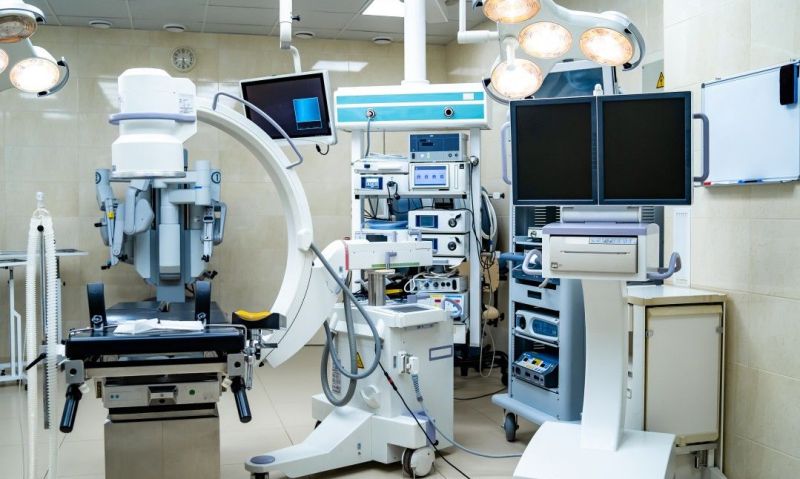While the Trump administration has provided relief on pharmaceutical products from reciprocal tariffs for now, the fledgling Indian medical devices industry isn’t that lucky.
Now, medical device exports from India will face 26 percent tariff, causing heartburn to the sector. According to Exports Promotion Council of Medical Devices, India’s exports of medical devices to the US stood at $714.38 million, while imports from the US to India were significantly higher at $1.5 billion. India supplies of medical devices to the US, primarily consists of low-value high volume consumables categories. The US tariff blow comes at a time, when Indian medical devices sector is trying emulate pharmaceutical sector, that became a major supplier of low cost generic drugs to US market.
“The imposition of a 26% reciprocal tariff on Indian medical device exports to the US may pose a significant challenge to the sector’s growth,” said Rajiv Nath , Forum Coordinator, All India Medical Devices Association (AiMeD)
“However, this new tariff may possibly impact Indian medical devices exports and we have to explore windows of opportunities where USA has been seeking to diversify its supply chain dependence on any one nation,” Nath stated.
On a positive side, the tariffs may offer a small opening versus Chinese manufacturers who face higher tariffs in US.
“While India may seemingly gain a marginal price advantage over China (8%) in certain low-risk, high-volume consumables , the real impact may not be significant if our prices were higher than 15% and the impact has to be further studied compared to other competing nations,” said Himanshu Baid, managing director of Poly Medicure.
“Despite the tariff challenges, India’s primary obstacle remains non-tariff barriers rather than tariffs themselves. Regulatory hurdles in the U.S. are steep, with FDA approval costs ranging from $9,280 to over $540,000, whereas U.S. exporters face relatively minimal costs when entering India. Addressing these imbalances through bilateral collaboration is crucial.” Baid added.
Aimed said it will request Government of India’s support in bilateral negotiations for a balanced approach to tariffs and regulatory policies as an essential requirement to position India as a competitive global player in the medical device industry.
The medical devices industry believes that there are many products in low risk , low priced high volume consumables and disposables where manufacturing had pretty much been reduced in US to a negligible level and manufacturing operations moved to Mexico, Puerto Rico, Ireland etc where it may take 3-5 years or even longer for manufacturing capacity to move back to USA .
“It’s in these products that Indian manufacturers will find a natural competitive advantage to some level in the short – medium term . Maybe India needs to learn from USA on driving investments into manufacturing,” Nath said.
Nath listed that the biggest fear for Indian exporters will be the third country routing of exports to the US with 10% duty like UK and UAE by competing nation’s manufacturers like China as was already being done.

